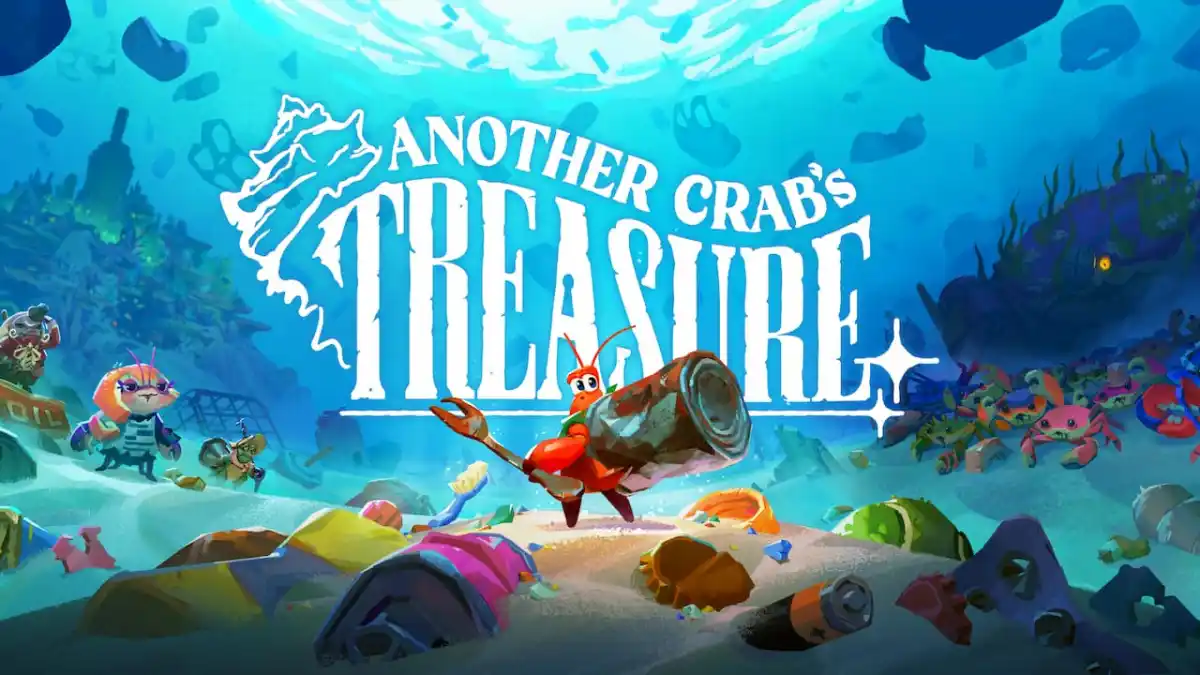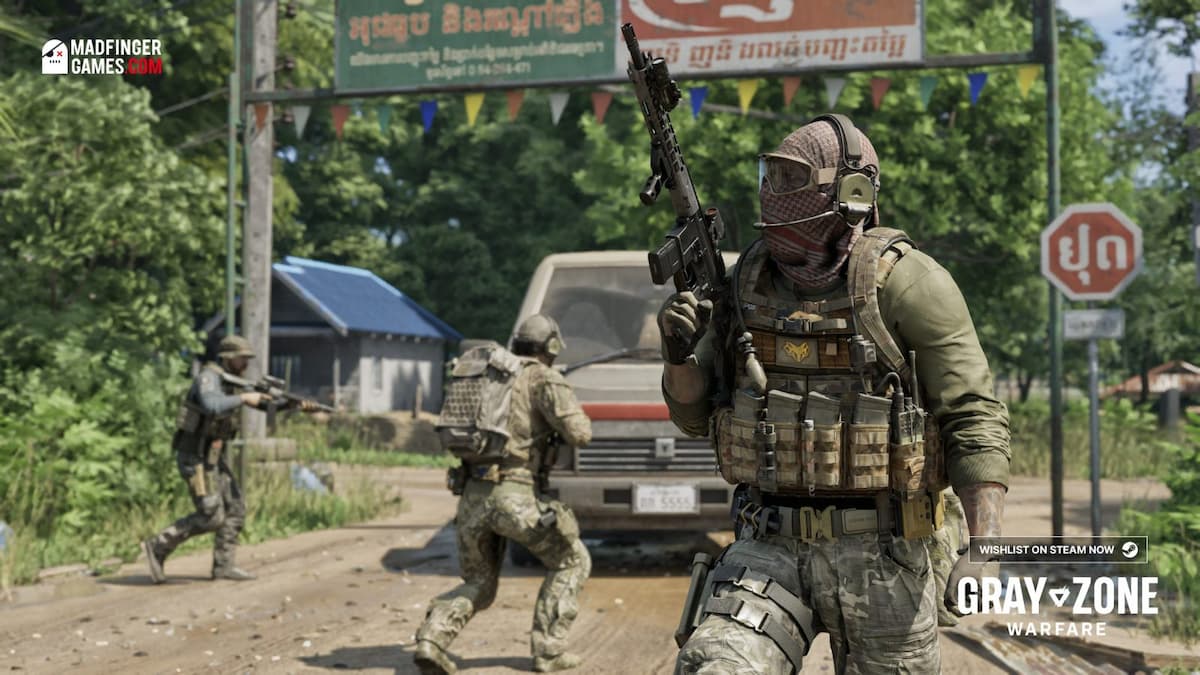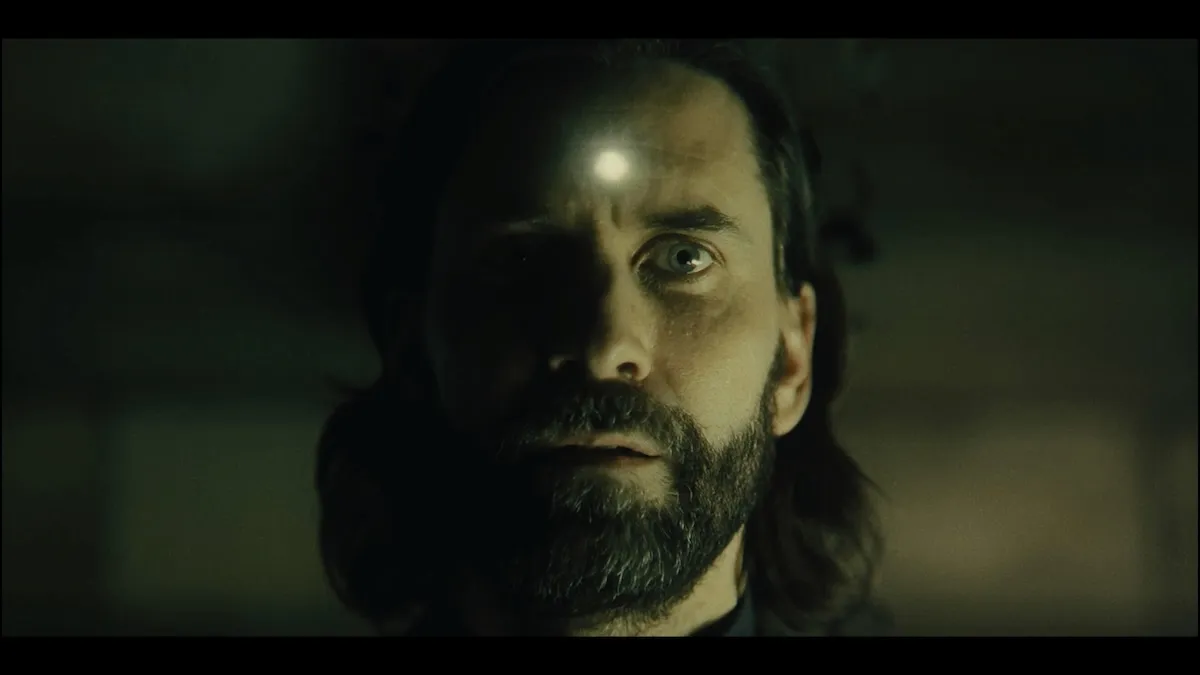Later this year, Genius Products and Seven Studios will release Scratch: The Ultimate DJ onto next-gen consoles. Beating Activision and their recently-confirmed DJ Hero to the punch, Scratch puts players in front of an interactive turntable controller peripheral so they can get their “wickity wickity wah” and “skritchity scrah rurr” on.
While we haven’t had a chance to get our fingers on the digital vinyl, we did catch up with the game’s designer and creative lead, Dan Lehrich to get the scoop on Scratch. We had a lot of questions, and fortunately, he had a lot of answers. We grill him on working creatively with music industry legends, the turntable controller, plans for downloadable content, and more. We even ask him to name is five favorite music games. Yeah, we go there.
More (along with some new game screens) after the jump.
DESTRUCTOID:
OK, obviously, the success of peripheral-based music games like Guitar Hero have led to Scratch. What do you think took so long for a hip-hop/R&B game like Scratch to come to North America?
DAN LEHRICH:
I think the structure of rock music lends itself more naturally to game design. In a rock band you tend to have these very clearly defined roles – guitarist, drummer, vocalist and bassist – and those translate pretty directly to gameplay. Also, the song forms that are typical in rock provide a nice ebb & flow during a game – verse, chorus, verse, chorus, bridge, guitar solo, chorus, outro – there’s usually a nice contour built into songs that gives you natural tension and release.
Hip-hop is different. The instrumentation is far less standardized, which makes it less obvious where the gameplay comes from at any given point in a song. Song forms are also a wildcard, and there tends to be fewer distinct sections within a song. This isn’t meant to be disparaging towards hip-hop – I’m a huge fan and have a ton of respect for the artistry it takes to make great music – but my point is that there are different challenges associated with translating hip-hop to gaming successfully.
Tackling those challenges head on has been the most exciting and rewarding part of working on Scratch. I’m really proud of the way we’ve been able to translate the traditional music-rhythm game design for the genre, while introducing new elements of improvisation and creativity that support the unique structure of hip-hop.
Another explanation that I’ve come across (and I hope I don’t get into too much trouble for saying this) has to do with the demographics of the types of people at publishers that are tasked with evaluating and green-lighting game concepts. They tend to be a bit older and, generally speaking, more likely to be rockers than hip-hop heads. When a publisher looks at a game, they are influenced by the practical (“is this game a good investment?”) and the emotional (“is this a kick-ass game idea?”) – and I think that emotional attachment to a hip-hop based game at that level is less likely.
We’ve been very fortunate on Scratch to work with partners that really “get” what we’redoing and that has made all the difference.

Looking at the screenshots, the GUI looks similar to what gamers might be familiar with. Can you clarify how this game is going to work with the peripheral?
The controller design and functionality is built to emulate the instruments typically associated with hip-hop. An MPC (Music Production Center) is a line of samplers by Akai that really gave birth to hip-hop beatmaking and the art of sampling. The “MPC style” buttons are square drum pads that the player presses to trigger samples (short sounds from within the song). The free-spinning wheel and cross-fader are the primary tools needed for scratching – manipulating the position and volume of a record player to add sounds on top of an existing track. Players can move the wheel back and forth to scrub through the sound in their own style, and the cross-fader can be used to cut the volume on and off for sample chopping effects.
In the game, players will use the controller to play back their favorite songs while adding their own flare on top of them. The basic GUI shows you the buttons you need to press or the way you need to manipulate the turntable to play the song as it was recorded, but there are ample opportunities for you to add your own flare for extra points. The open-endedness of the game design assures that no two performances of a song will ever sound exactly alike.
You worked with Numark in designing the controller. What did they bring to table in terms of design and functionality?
Numark has years of experience designing and building DJ equipment – turntables, mixers and – more recently – software/MIDI controllers. They brought a lot of expertise in hardware to the table, and we were able to work together to create a device that provides an authentic DJ experience in a fun and intuitive way. Novice players will be able to grab the device and start enjoying themselves right away, and more experienced musicians will appreciate the professional feel and functionality of our hardware.
Is this a game that will require the controller, without question, or will you be able to also play it with a traditional gamepad?
We do support gameplay with a traditional gamepad, but I wouldn’t recommend it. We’ve built the software and hardware together to provide a seamless experience, and half the fun is getting your hands on the gear.
So when can I come by and get my hands on the Scratch Pad? I’m free next week.
Well, this time next week I’ll be enjoying a much needed vacation — don’t you journalists ever take a break?!?
In all seriousness, I’m looking forward to showing this thing off to gamers and the press as soon as possible. It shouldn’t be too long now. Stay tuned.

It would be silly to ignore Konami’s Beatmania, a game that features a keyboard/scratching peripheral — it’s been around since the late 90s. How big of an influence in terms of design — both in-game and peripheral — has that game had on Scratch?
It would be as silly for us to ignore Beatmania as it would be to ignore Guitar Hero, Rock Band, PaRappa the Rapper, or any of the many music-rhythm games that have come before us. As a creator I’m constantly influenced by other games and inspired to advance the cause and bring new ideas to the table.
As far as Beatmania specifically — the similarities are superficial at best, and I think that becomes obvious as soon as you start playing Scratch. I have a ton of respect for the Beatmania games and their impact on modern music gaming, but our gameplay is really trying to move in a new direction.
I know you’re not ready to talk specifics about the 60-plus licensed tracks that will appear in the game. Can you talk in general terms, though? Hip-hop and R&B, those genres themselves can be pretty broad. How far reaching in style will the soundtrack be?
Actually we just released some names from our set list that I think gamers will be glad to see including Kanye West, the Beastie Boys, The Gorillaz, Deltron 3030 and Run DMC. As QD3 would say, we’re representing for all the various “food groups” within hip-hop and R&B. There will be music from across all eras, from mainstream artists to the underground scene. Within the heading of “hip-hop and R&B” our criteria is simple — it’s got to be a good song, and it’s got to be fun to play. This lets us be flexible, and I think you’ll find that our track list has something for everyone. We will be announcing more in the near future, so stay tuned.
Is downloadable content, in terms of music something you’re already considering, or is it too early to say?
We’ve considered downloadable music to be a part of the plan from day one. Not only does it allow us to extend the life of the game by providing new songs to play, but also it allows us to continue to share great content that we couldn’t fit onto the game disc. It’s too early to discuss the specifics of our downloadable content plan, but I can say that all DLC will integrate seamlessly into the main game and instantly become part of the core Scratch experience.

You have Quincy Jones III involved in the production — he’s worked with LL Cool J, Tupac, and others. He has a pretty rich history in the industry, not even to mention his father. How has it been working with him, and what has he brought the project?
Working with Quincy has been amazing — he’s got a really unique perspective on hip-hop and the music industry in general from all his years of experience. He’s also a really cool, down to earth guy, and it’s been a lot of fun for me to work with him on this project.
One of Quincy’s main roles is to consult on the authenticity of various aspects of the project so that we stay true to the culture and keep the right vibe. For example, when we first started developing our characters, we brought Quincy in to meet with our concept guys and we spent time talking about the different movements within hip-hop and the types of people that you tend to see associated with those sub-cultures. This kind of advice has been invaluable to us throughout development.
The other thing that Q brings to the table is his love and knowledge of hip-hop — he’s one of the most respected guys in industry, and he knows everyone! He helps make sure that there’s enough variety in our track list, and when we encounter any difficulty clearing music he can assist us with that. Licensing hip-hop can be very challenging, and Quincy helps us navigate that space as an ambassador of Scratch within the music industry. He’s put me in the room with some of my heroes to talk about the game and those kinds of connections can make all the difference.
There have been rumors (and now confirmation) of another DJ game from Activision coming to the market, and there’s been some “big names” attached to the project. There’s even MC Hammer talking about meeting with Activision, so people have been making some links. Any word on “celebrity” appearances in Scratch, and what are your thoughts on what that would bring to the game?
We’ve been working really hard to develop the characters and locations within Scratch City (the fictional setting of our game). A lot of time and attention has been paid to creating a believable world, where everything has its place and fits together as a cohesive whole. For this reason, I’ve been resistant to the idea of trying to force celebrity appearances into the game, especially in places where it wouldn’t really make sense. Personally, I think it’s a little strange to see Ozzy Osbourne in a game singing “La Bamba.”
That’s not to say that we’re ignoring “celebrities” all together — on the contrary, this project has given me the opportunity to work with some of my heroes. We’re just focusing on ways that they can contribute to the game in a more tangible way, through music and audio content, technical and gameplay consultation, etc. A perfect example of that is our involvement with the legendary Mix Master Mike of the Beastie Boys. He was so excited by the game when he saw it that he jumped on board. Not only is he providing technical and creative input, but he’s also going to contribute a song from his upcoming album.

Are you a big hip-hop and R&B fan yourself? What are you listening to right now?
I have an extensive musical background, and I love all kinds of music. I was trained as a classical musician for 15+ years, spent several years playing weddings and cocktail jazz as an upright bass player, toured the country in an original hip-hop/electronica band, and I’m constantly writing and producing new music in my home studio. So yeah, I’m all over the place…
To answer your question – yes, I am a big fan of hip-hop and R&B, and I tend towards more of the underground and indie stuff. Right now, at this very moment, I’ve got iTunes on random and I’m listening to “Passing Me By” by The Pharcyde. Some of my all-time favorite producers are DJ Shadow, RJD2, and Dan the Automator, and I’ll always have a soft spot for the music that got me into hip-hop in the first place — Dr. Dre & Snoop, Deltron 3030, Digable Planets, etc.
I could really go on and on about music for days… and I’m always looking for recommendations. I love hearing new music, so if you have any suggestions I’m all ears!
Name your top 5 music games of all time, peripheral based or otherwise.
Oh man this is tough… and I can’t help but feel like you’re trying to bait me for the ultimate flame war, but here we go. Presented in no particular order…
- Guitar Hero 2/Rock Band 2:
I’m cheating here by lumping these into a single selection in order to fit into five choices. The original Guitar Hero can be credited with starting the mainstream music game craze in the US, but for me it was GH2 where they finally nailed the design — co-op, drastically improved hammer-on/pull-off gameplay, and an even better track list than the original. Likewise with Rock Band, the original set the new standard, but the sequel really brought it all together. The track list alone is reason enough to keep playing RB2 (especially with all my RB1 songs imported) and this is the game that everyone wants to play at parties. To me Harmonix stills sets the gold standard for how to bring it all together and create truly compelling music gaming experiences. - PaRappa the Rapper:
I remember seeing commercials for this game as a kid, and just thinking, “What the hell is this?” Then I remember buying it, bringing it home and playing it, and thinking, “No, seriously, what the hell is this?” It was unlike anything I’d ever played before, but I just couldn’t put it down. And of course, the music will be forever embedded in my brain… “Kick, punch, it’s all in the mind…”!! - Frequency:
This game came out right around the time that I was really getting into electronica and starting to use computers to make music and build performance systems. I was in school at the Berklee College of Music, which is right near Harmonix in Boston, and somehow or the other a classmate of mine ended up loaning me the game. It really inspired me because it was just this really powerful music creation system disguised as an incredibly addictive arcade game. It helped me realize how much was possible with the right application of technology, and it was the jumping off point for a lot of projects that I started doing at the time. - Rez:
I’m not really sure if you’d consider this a “music game” in the traditional sense, but like a lot of other people I consider this to be the perfect blend of music and arcade game to create a cohesive, evocative experience. With the recent release of the HD version on Xbox LIVE I “rediscovered” this game and had fun playing it all over again. - Mario Paint:
Kind of a wildcard, I know – but back in the SNES days I discovered the music sequencer functionality in this game and had a field day. It was some of my first experience using technology to write and create music, and I spent hours and hours putting together my masterpieces! Subsequently I discovered “real” MIDI sequencing, but I’ve never been able to recreate that awesome “dog bark” sound in Mario Paint!
I’m looking forward to hearing more about Scratch, and getting my hands on it. When can we expect to see it on store shelves?
I’m looking forward to talking more about Scratch myself, and getting it into stores so that gamers can check it out. We’re targeting a summer 2009 release.




